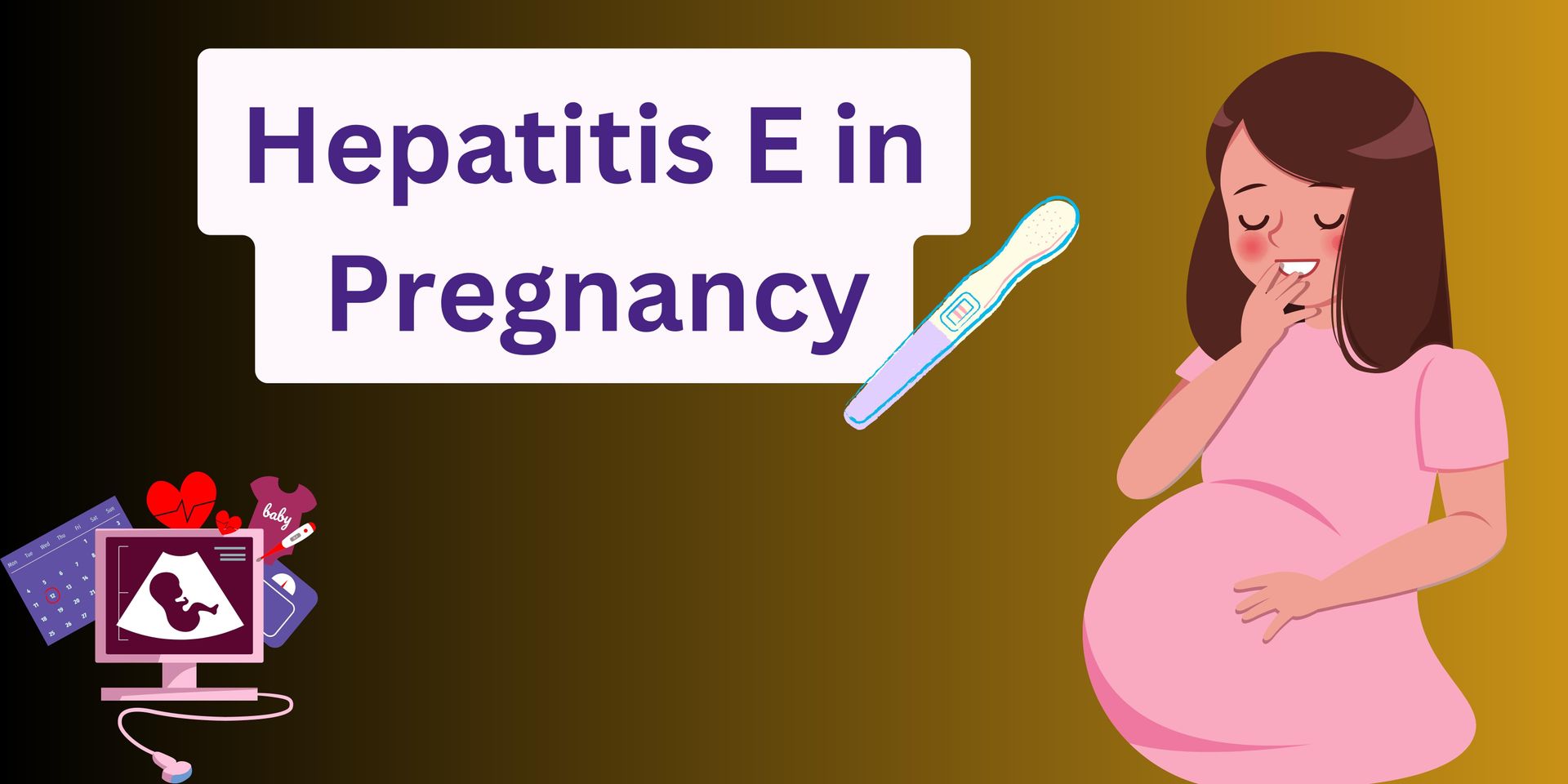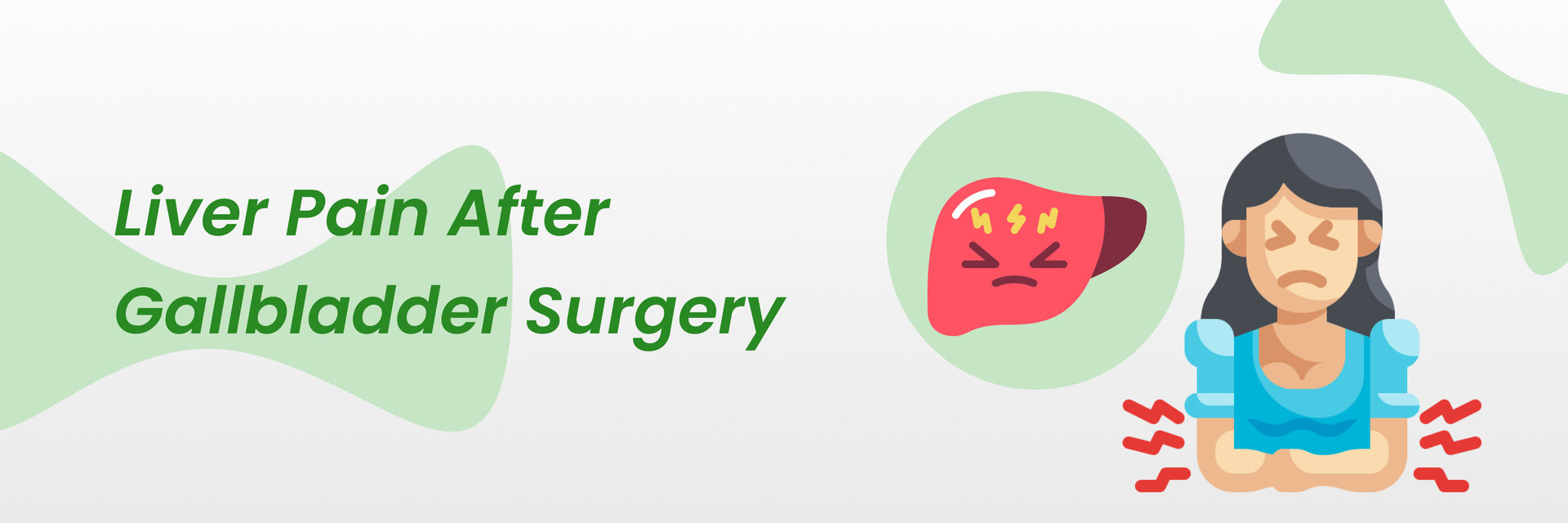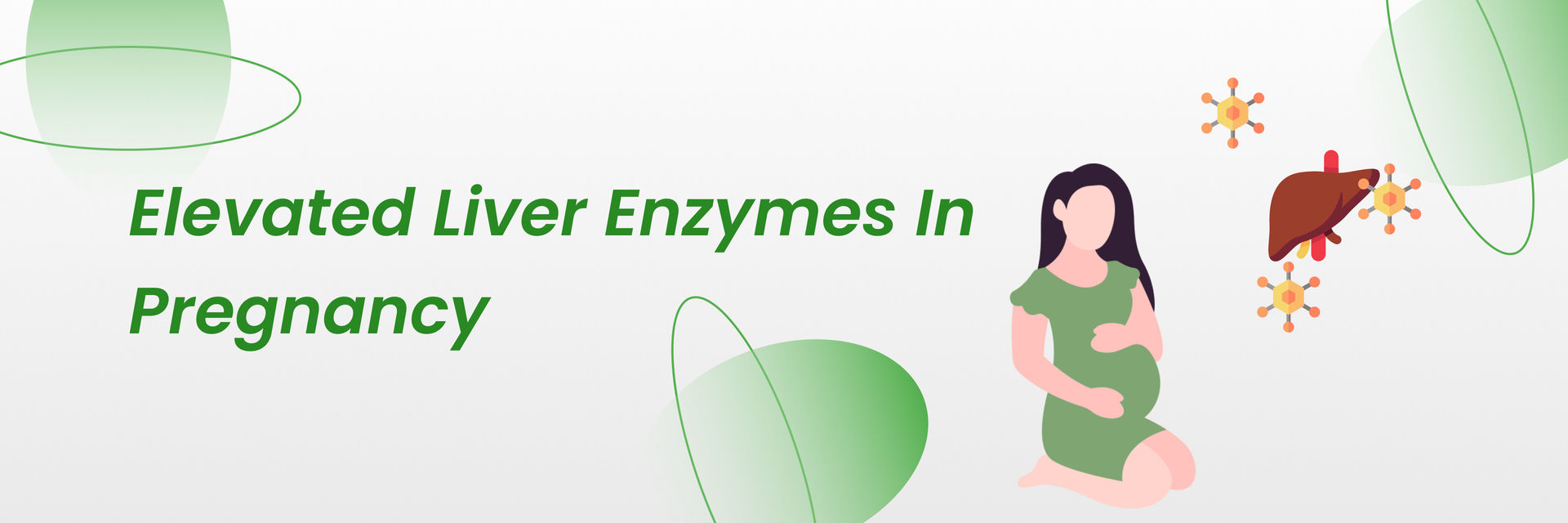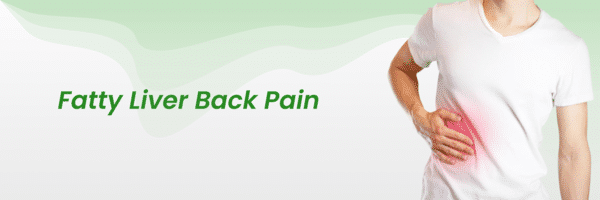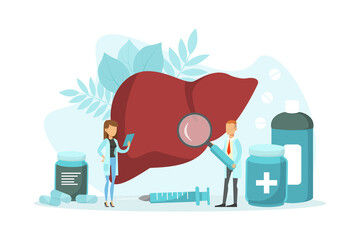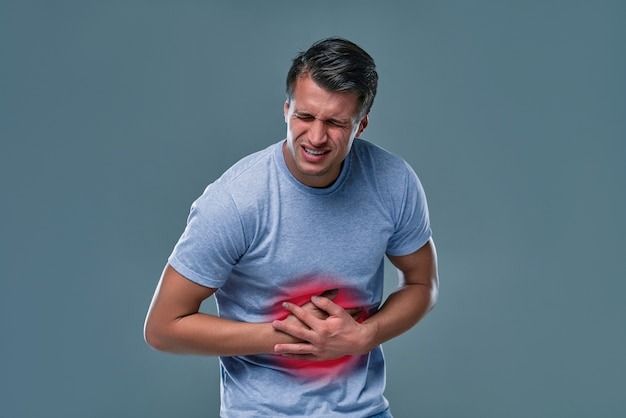What is fatty liver and constipation?

Fatty liver is a condition of excessive fat accumulation in the liver. It is often linked to obesity and type 2 diabetes. It is mostly asymptomatic. Treatment focuses on mitigating risk factors, primarily obesity, through diet and exercise. Although usually benign, in some cases, it can advance to liver failure (cirrhosis).
Constipation is a very common digestive issue. It is characterized by infrequent bowel movements. People also face difficulty in passing stool. It results in hard and dry stools. Chronic or severe cases require medical evaluation and treatment.
Let’s connect the Dots: Fatty Liver and Constipation!!
What is the Relationship between Fatty Liver and Constipation?

The relationship between fatty liver and constipation is not well-established. But, there are some indirect connections. Constipation itself does not directly cause a fatty liver. Certain factors that contribute to constipation may also be linked to fatty liver disease.
For example, a diet high in unhealthy fats, low fiber intake, and a sedentary lifestyle.
These can increase the risk of both constipation and fatty liver. Additionally, some medications used to treat constipation impact liver function. It's essential to address the root causes of both conditions. It can be done through a balanced diet, exercise, and medical guidance.
Take charge of your well-being! Recognize the link between fatty liver and constipation. Prioritize your health and schedule your appointment today – your body deserves the attention it needs for a healthier tomorrow.
Let’s find out how fatty liver and constipation affect your health!
How do these conditions impact overall health?

Fatty liver and constipation can both have significant impacts on overall health:
- Fatty liver: impairs liver function. It sometimes leads to severe conditions like cirrhosis. It causes metabolic issues and associated ailments. Obesity, type 2 diabetes, high blood pressure. Fatty liver also causes inflammation throughout the body. And ultimately leads to a range of health issues.
- Constipation: Chronic constipation causes discomfort, bloating, and other digestive issues. This impacts the overall health. Constipation hinders the absorption of essential nutrients. It affects the overall nutritional status. Straining bowel movements during constipation leads to painful conditions. Like Hemorrhoids and Anal Fissures.
The Culprits: Read about the Causes and Risks below!

What are the Common causes and risk factors for both fatty liver and constipation?
People can get fatty liver without any existing health issues. There are certain factors that increase the chances of developing fatty liver and constipation.
On the other hand, the causes of constipation are:
- Diet and Hydration: Inadequate fiber intake and dehydration.
- Lack of physical activity. Changes in daily routine also sometimes impact the bowel movement causing constipation.
- Certain medications also lead to constipation as a side effect.
- Conditions like multiple sclerosis and Parkinson's disease can affect bowel function.
Lifestyle Choices Matter!! Read ahead to learn more!
How do lifestyle choices, such as diet and physical activity, contribute to the development of both conditions?

Lifestyle choices can lead to the development of fatty liver and constipation.
- Diet:
A diet low in fiber, vegetables, and fruits can cause constipation. Also fat accumulation in the liver.
High consumption of unhealthy fats and sugars. This can increase the risk of both conditions.
Diets rich in processed and fast foods are often low in fiber. They can cause fatty liver and constipation.
Inadequate water intake can worsen liver health and constipation.
- Physical Activity:
A sedentary lifestyle like a Lack of physical activity can slow down digestion. This leads to constipation contributing to fatty liver.
Inactivity can lead to weight gain. This is a risk factor for developing fatty liver and constipation.
Discover how diet and exercise shape your health. Take control today! Contact us for a healthier, happier life.
What are the symptoms experienced in fatty liver and constipation?

Below are the symptoms of fatty liver and constipation.
- Symptoms of fatty liver:
- Enlarged Liver: In some cases, the liver may become enlarged.
- Jaundice: Yellowing of the skin and eyes (jaundice) can occur in more severe cases.
- Unexplained Weight Loss. Weight loss may be observed in advanced stages of fatty liver disease.
- Itching skin
- Blood while vomiting
- Darker than usual urine
- Stool turning black
- Symptoms of constipation:
- Having less than three bowel movements in a week.
- Having dry, hard, or lumpy stools.
- Finding it hard or painful to pass stools.
- Experiencing stomach aches or cramps.
- Feeling bloated and queasy.
- The sensation of not fully emptying your bowels after a bowel movement.
Shared symptoms of fatty liver and constipation include:
- Abdominal Discomfort. Both conditions can lead to discomfort or pain in the abdominal area.
- Fatigue: Feeling tired and low on energy can be a shared symptom in both fatty liver and constipation.
The shared symptoms make it challenging to distinguish between the two conditions.
Seeking Clarity!! Understand the Diagnosis methods below!
How are fatty liver and constipation diagnosed?

Diagnosis
Fatty liver:
- Blood Tests: Liver function tests and blood markers can indicate liver issues.
- Imaging: Ultrasound, CT scans, or MRI can visualize fat accumulation in the liver.
- Liver Biopsy: A tissue sample from the liver may be examined to confirm the diagnosis.
Constipation:
- Medical History: Doctors inquire about bowel habits and overall health.
- Physical Examination: A physical assessment helps evaluate abdominal discomfort.
- Diagnostic Tests are rarely used. Tests like colonoscopy or transit studies are used to assess constipation's causes.
Two-Way Street: Fatty Liver and Constipation!
The interplay between the two conditions is not well defined. However, a sedentary lifestyle, poor diet, and obesity can contribute to both fatty liver and constipation.
Let’s understand how both of them contribute and exacerbate the other condition.
Learn the importance of gut microbiome below!!
How can one condition contribute to or exacerbate the other?
Obesity and metabolic changes due to fatty liver cause slower bowel movements.
This leads to constipation.
Chronic inflammation from fatty liver can affect the gut. This potentially worsens constipation.
Constipation-related straining can temporarily increase intra-abdominal pressure. This impacts the liver blood flow causing fatty liver.
Chronic constipation may lead to systemic inflammation. This exacerbates fatty liver conditions.
However, there is no direct causative relationship between fatty liver and constipation. A healthy lifestyle can help manage and prevent both conditions.
Learn how one condition can influence the other. Ready to take the first step towards recovery? Contact us for personalized treatment today.
Keep reading!! Get the Treatment Insights: Fatty Liver and Constipation!
What is the role of gut Microbiome in fatty liver and constipation?

The gut microbiome plays a pivotal role in both fatty liver and constipation. In the case of fatty liver, it influences metabolism and nutrient processing. Ultimately affecting the fat accumulation in the liver.
In constipation, the gut microbiome influences digestive function. It includes the breakdown of fiber and stool transit. This causes gut inflammation and slower bowel movements.
The gut microbiome influences digestion and immune responses. It is a key player in fatty liver and constipation. Dietary choices impact this gut-liver relationship and fatty liver development. Understanding this connection may lead to new treatments for fatty liver and constipation.
What are the treatment approaches for fatty liver and constipation?

Lifestyle changes are very important for managing fatty liver and constipation.
The lifestyle changes that help in addressing both are:
- Weight loss: If you lose weight (around half to one kg per week) will greatly improve your condition.
- Make dietary improvements: Lower triglycerides, avoid alcohol, and manage diabetes through proper diet.
- Increase your physical activity.
- Incorporate fiber-rich food to enhance bowel movement.
- Stay hydrated and drink enough water.
These lifestyle changes contribute to alleviating fatty liver and constipation.
What are the Medications, therapies, and natural remedies that can alleviate symptoms?
Fatty Liver Treatment:
- Medications like metformin, pioglitazone, and rosiglitazone are used to manage fatty liver. Especially in cases with diabetes.
- Experimental Medication: Orlistat (Xenical) is being researched. It can potentially reduce fat accumulation in the liver. It blocks the absorption of dietary fat.
- A balanced diet, weight loss, and increased physical activity helps in managing and even reversing fatty liver.
- Regular check-ups with a liver specialist are crucial. It monitors progress and considers specific treatments.
Constipation Treatment:
- Dietary Changes: Increasing fiber intake, consuming probiotics, and maintaining proper hydration. These support healthy bowel movements.
- Lifestyle Modifications. Regular physical activity and adhering to a consistent bowel routine can alleviate constipation.
- For occasional constipation, over-the-counter laxatives or stool softeners may provide relief.
However, these should be used cautiously and under guidance.
In severe or chronic cases, the doctor may prescribe medications to address constipation.
Shielding Your Health: Fatty Liver and Constipation Prevention Strategies!
What are the tips for preventing and minimizing the risk of fatty liver and constipation?

Below are the prevention strategies for fatty liver and constipation:
- Maintain a balanced diet rich in fiber, fruits, vegetables, and lean proteins.
- Limit sugar and unhealthy fats.
- Aim for a healthy weight to reduce the risk of fatty liver.
- Avoid excessive alcohol consumption. (It is a common contributor to liver problems)
- Avoid excessive alcohol consumption for good overall and liver health.
- Keep your diabetes in control.
- Engage in physical activity to stimulate bowel function.
Prioritize your health! Discover tips to prevent fatty liver and constipation. Take the first step – call us to book your appointment today for a healthier tomorrow.
For occasional constipation, consider over-the-counter remedies. Under the guidance of your doctor, of course!
Reference-

